Upon release of Hotfix #34 on your Steam Deck, your device will install the Native version.
If you are unsure whether the build has been installed correctly, you can do the following:
- Go to the game’s Steam page. Click on the Settings button and select Properties.
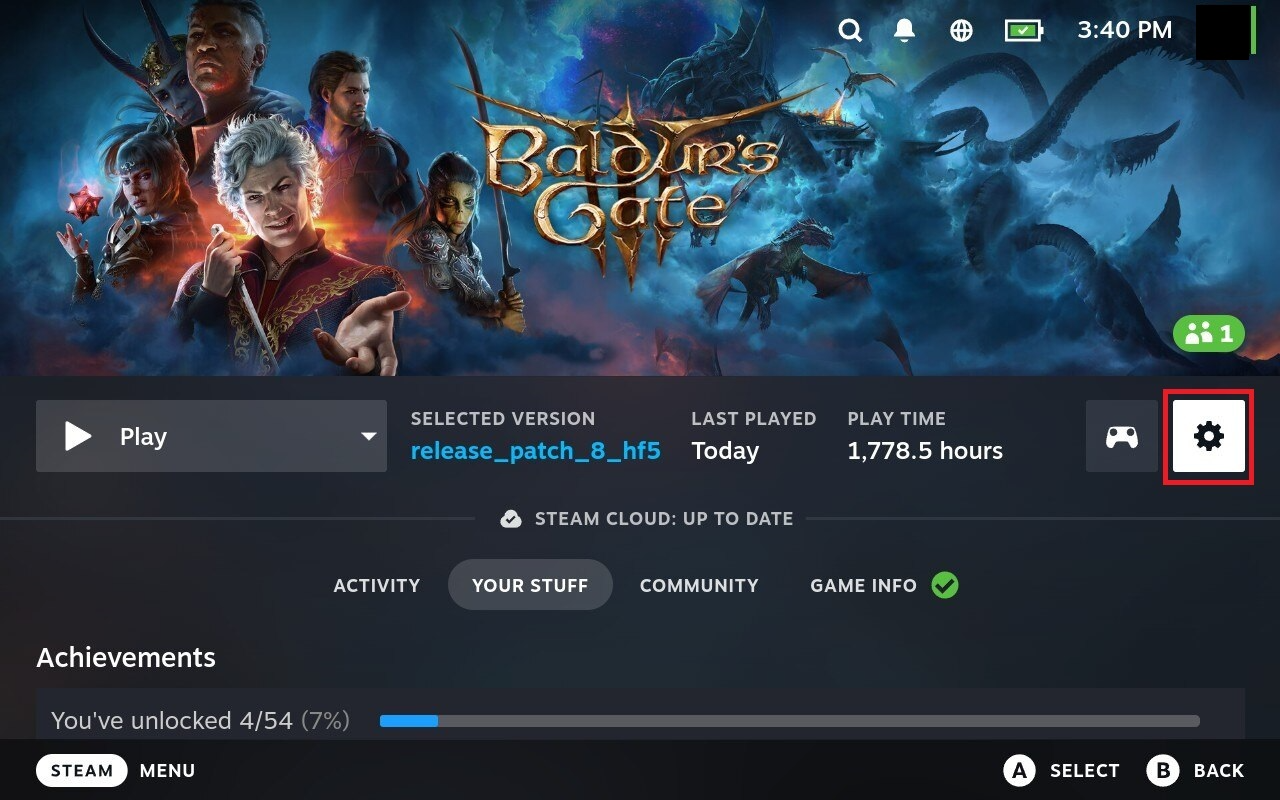
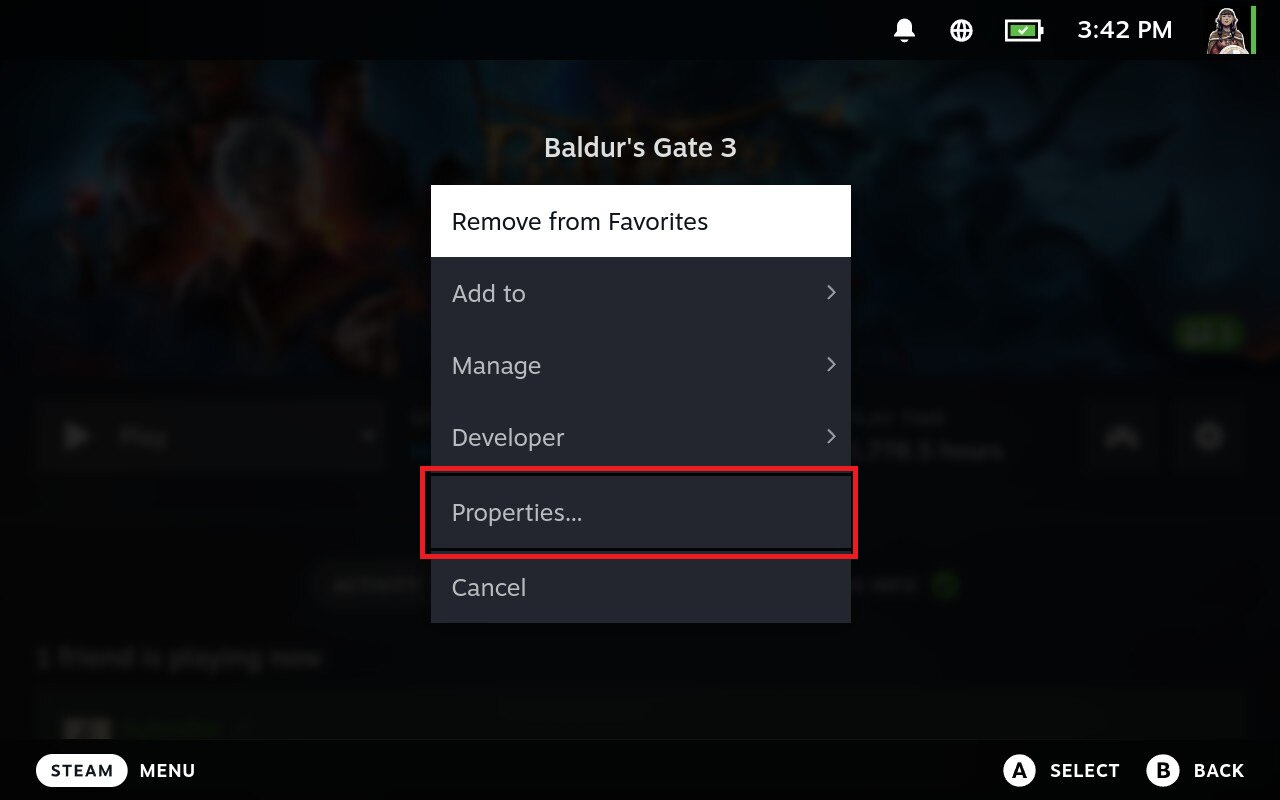
- Once in the Properties page, go to the Compatibility tab.
- Tick the box for “Force the use of a specific Steam Play compatibility tool”.
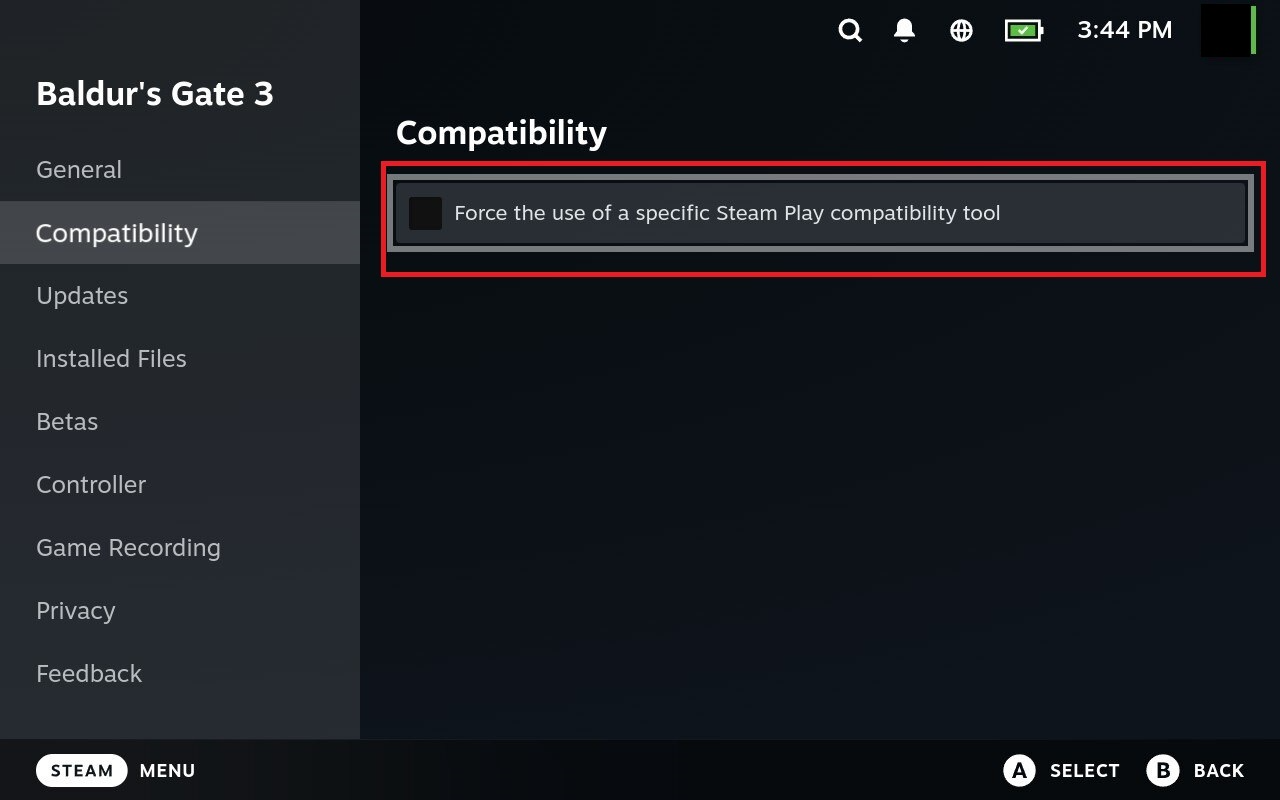
- Select any version that has Linux Runtime.
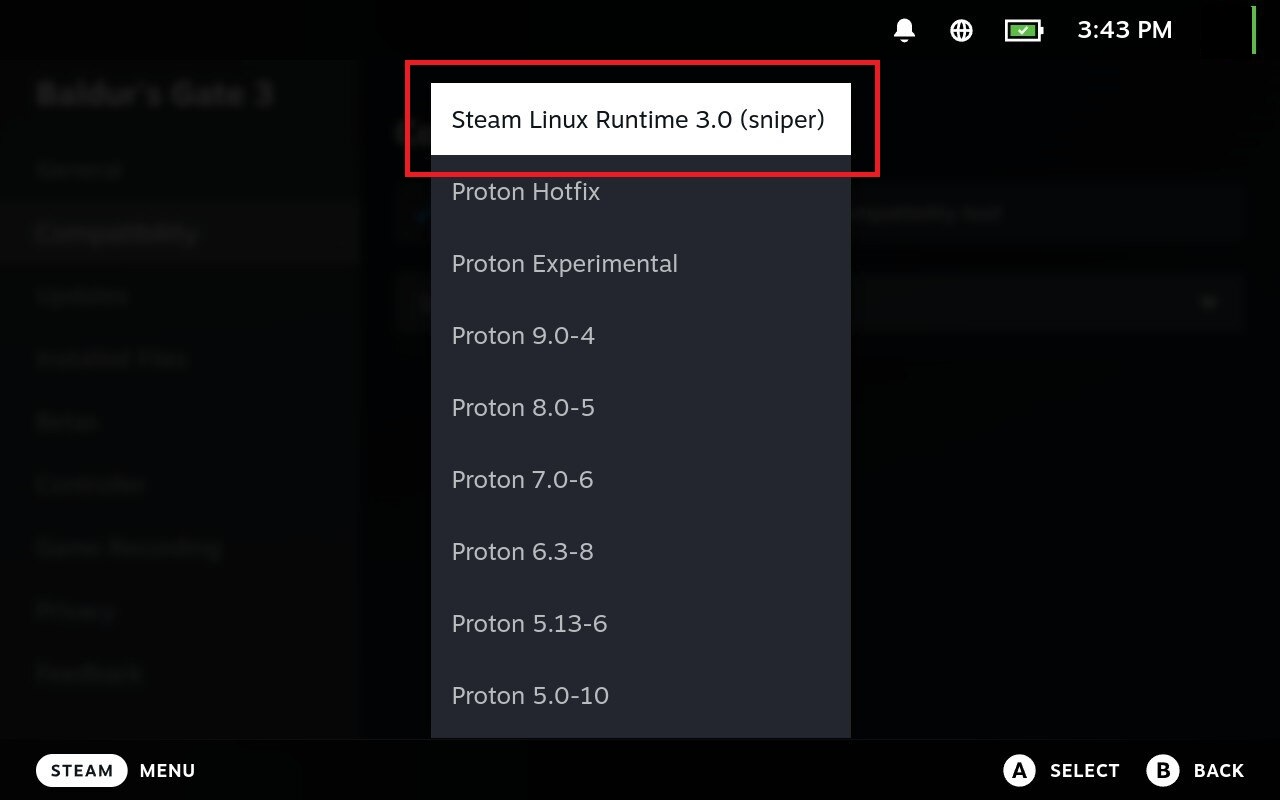
- Allow the game to update if an update appears.
What’s the difference between the Steam Deck Native and Proton version?
Our Proton version runs on the Steam Deck via the Proton compatibility layer, which requires extra CPU processing power. Running the game natively on the Steam Deck requires less CPU usage and memory consumption overall!
Can I still switch back to the Proton version?
Yes. If you’re having issues with the Steam Deck Native build, you can revert to the Proton version. Take the following steps to do so:
Go to the game’s Steam page. Click on the Settings button and select Properties.
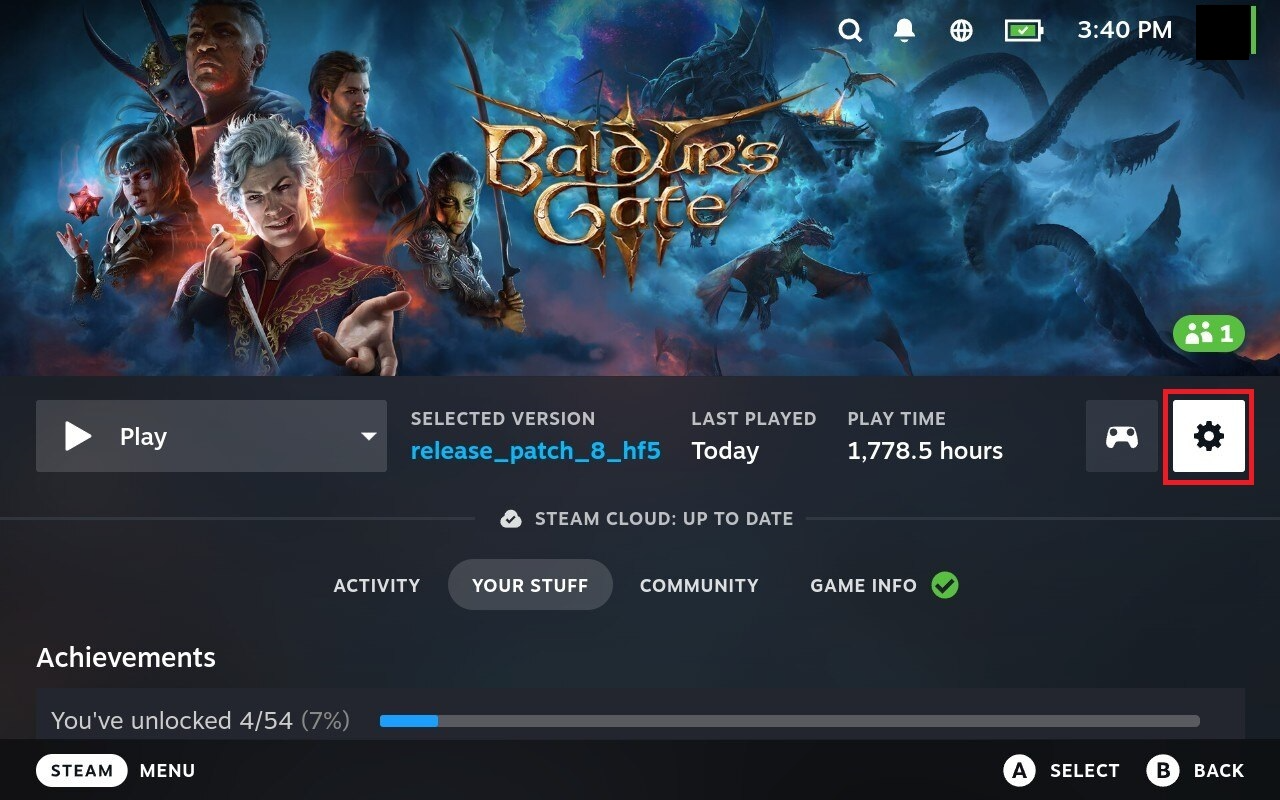
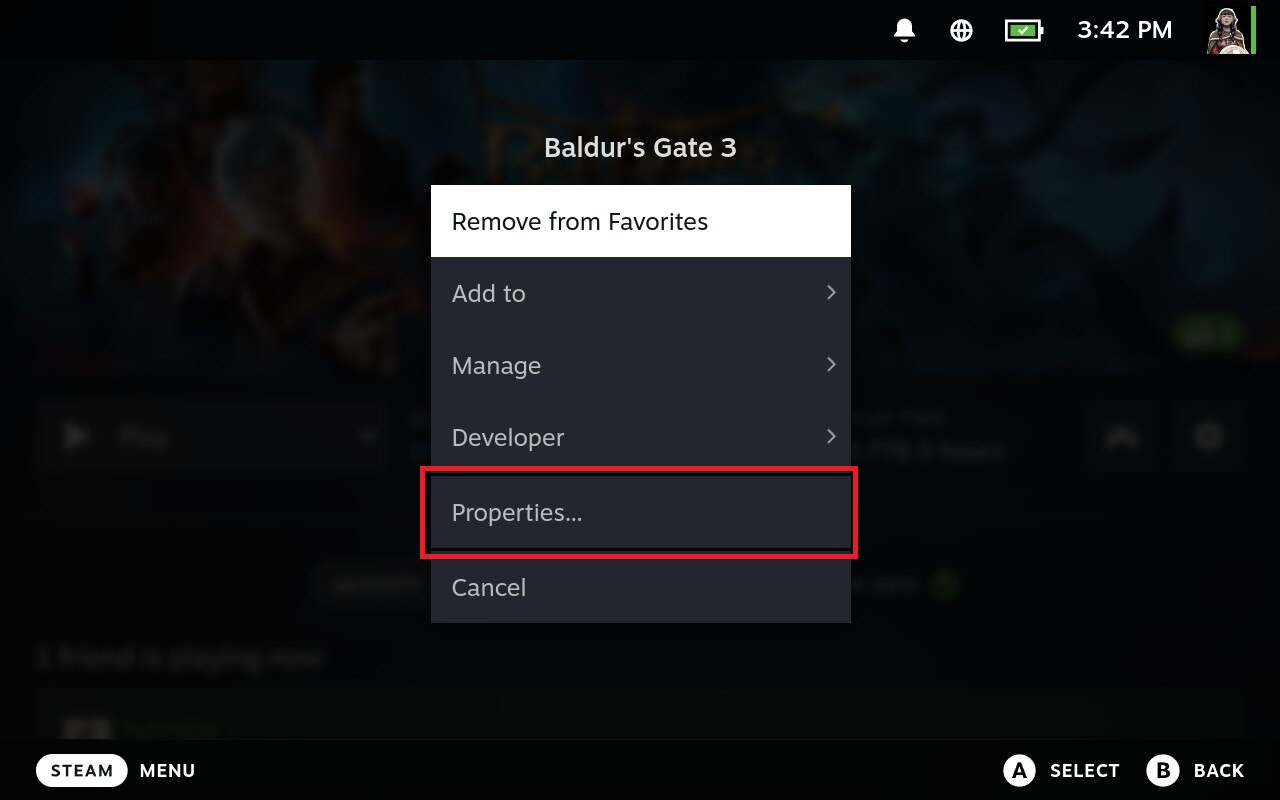
- Once in the Properties page, go to the Compatibility tab.
- Tick the box for “Force the use of a specific Steam Play compatibility tool”.
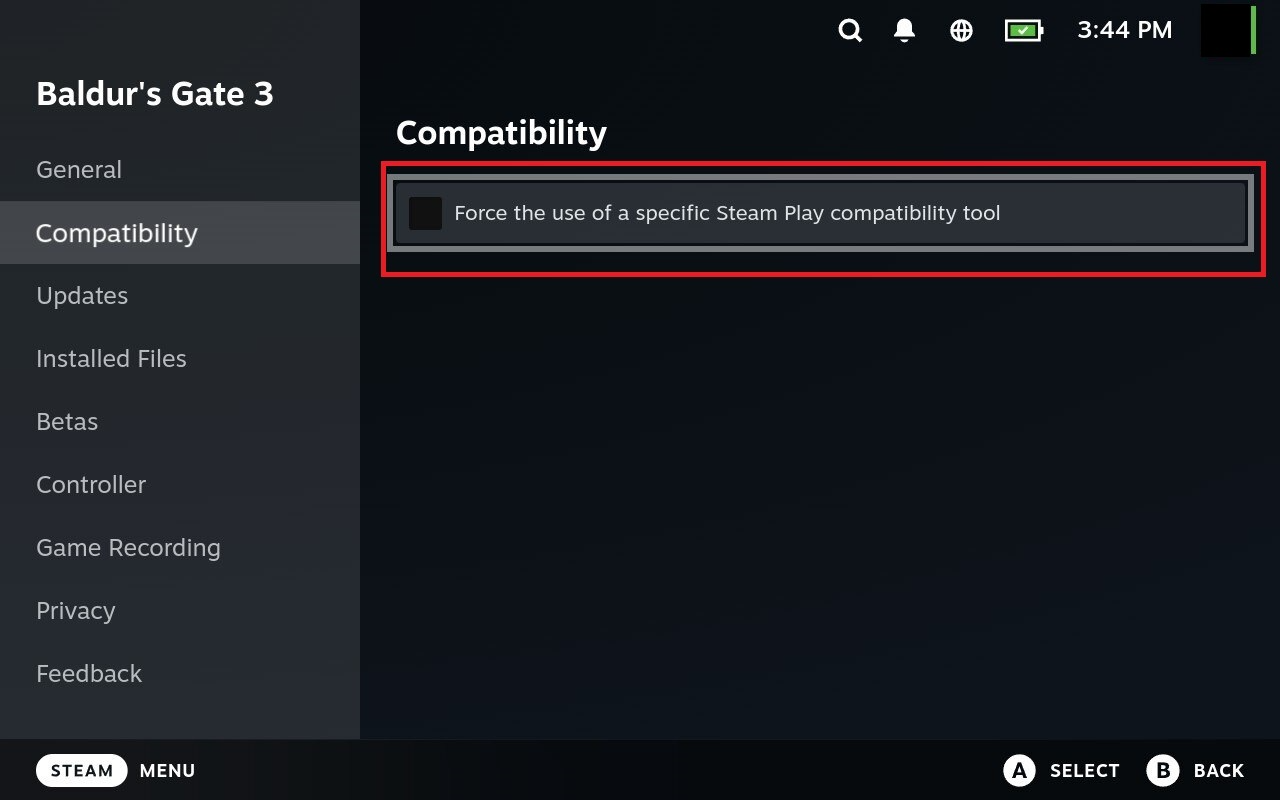
- Select any Proton version 8 or higher.
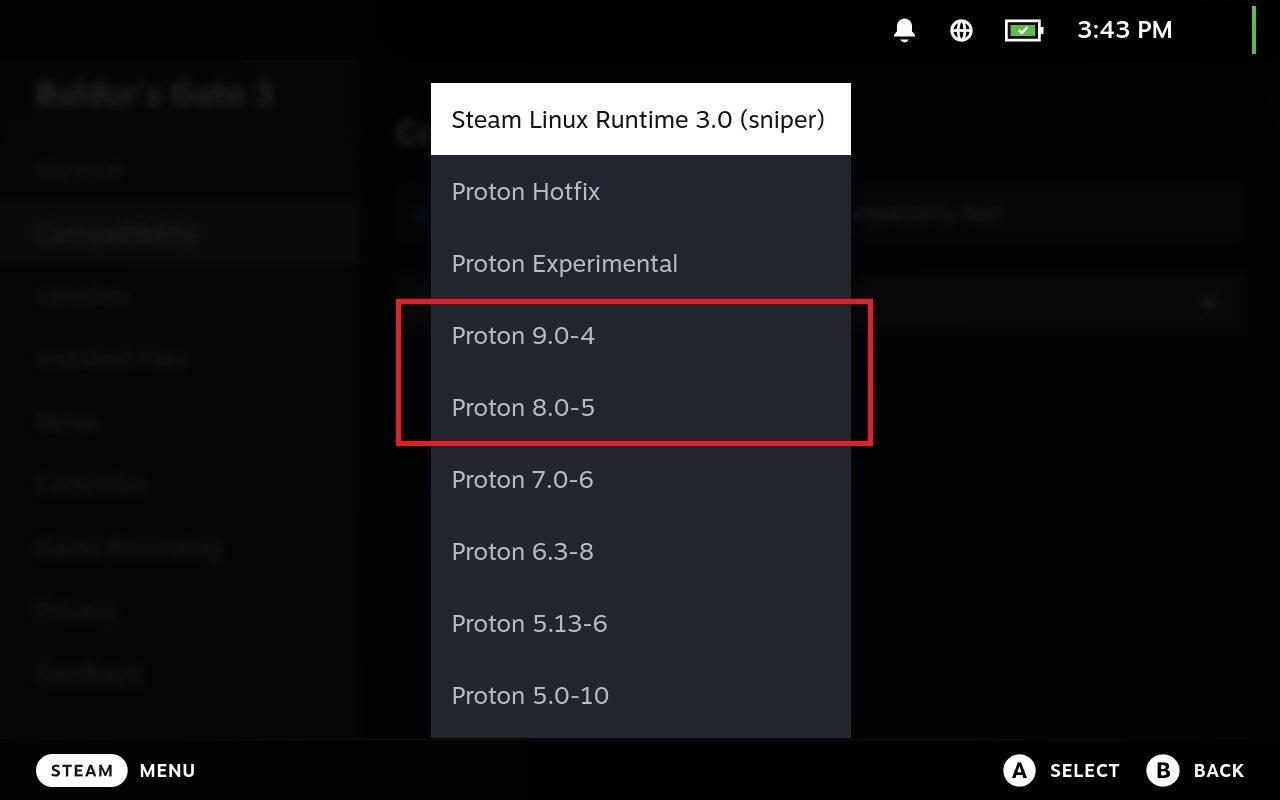
- Allow the game to update.
Now that there is a Steam Deck Native build, is Baldur’s Gate 3 supported on Linux?
Larian does not provide support for the Linux platform. The Steam Deck Native build is only supported on Steam Deck.
Savegames
Where are my saves located currently (before using the Steam Deck Native version)?
Before the Steam Deck Native version becomes the primary version, your saves will be in the compatdata folder: /home/deck/.local/share/Steam/steamapps/compatdata/1086940/pfx/drive_c/users/steamuser/AppData/Local/Larian Studios/Baldur's Gate 3/PlayerProfiles/Public
Where are my saves located when I use the Steam Deck Native version?
After the Steam Deck Native version becomes the primary version, your saves will be in the following folder: /home/deck/.local/share/Larian Studios/Baldur's Gate 3/PlayerProfiles/Public
Why are my saves in different folders?
When Baldur’s Gate 3 runs on the Proton compatibility layer, the Proton version will store the saves in the compatdata folder, which is a mirrored version of the Windows file storage system. On the Steam Deck Native version, the saves are stored natively on the SteamOS file storage system.
Will my savegames be transferred over to the new version when I use the Steam Deck Native version?
If your Steam Cloud saves are turned on, your most recent saves will be synced to the Steam Deck Native savegame folder automatically.
What if I don’t have Cloud saves turned on, or I want my older saves?
Your saves are still stored on the Steam Deck, but they will be stored in the compatdata folder.
You can manually transfer these files via the Desktop:
- First, switch to Desktop Mode by clicking on the Steam button and selecting Power. Then click on Switch to Desktop.
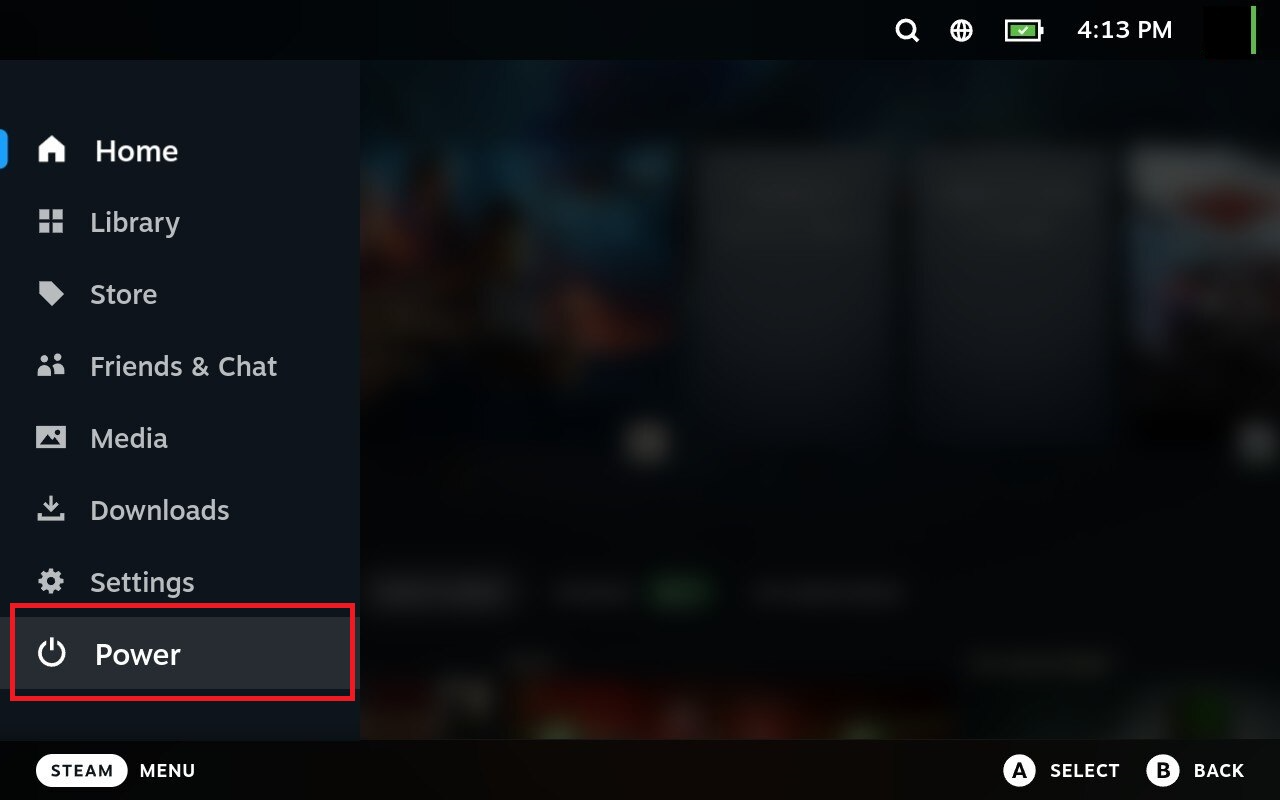
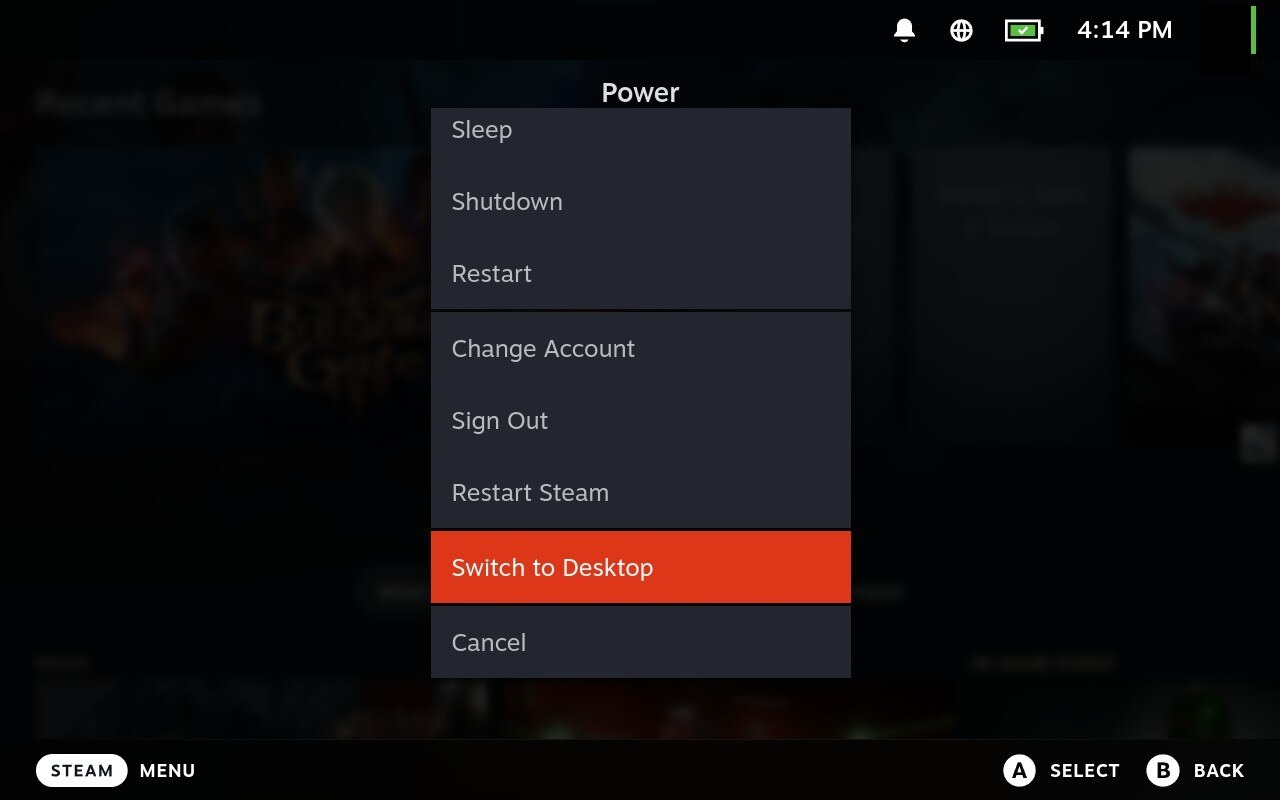
- If you have a mouse and keyboard to hand, plug them in to make your life a little easier, and click on the folder icon on the bar at the bottom.
- In the explorer window, navigate to: /home/deck/.local/share/Steam/steamapps/compatdata/1086940/pfx/drive_c/users/steamuser/AppData/Local/Larian Studios/Baldur's Gate 3/PlayerProfiles/Public
- Copy the Savegames folder.
- Navigate to: /home/deck/.local/share/Larian Studios/Baldur's Gate 3/PlayerProfiles/Public
- Paste the copied folder in this location.
Will my old saves still take up storage space on my Steam Deck?
Yes, your old saves will still take up storage space. If you want to save some space and you don't plan on using the Proton version, you can delete the compatdata folder after you've copied over the folders.
Mods
Will my mods be transferred over automatically?
If you are logged into your Larian Account and have it connected to mod.io, all mods you are subscribed to will be downloaded when the transition to Steam Deck Native occurs.
What if I’m not logged into a Larian Account or connected to mod.io?
You can either manually download the mods from the Mod Manager or transfer them manually from the previous folder.
- To do so,switch to Desktop Mode by clicking on the Steam button and selecting Power. Then click on Switch to Desktop.
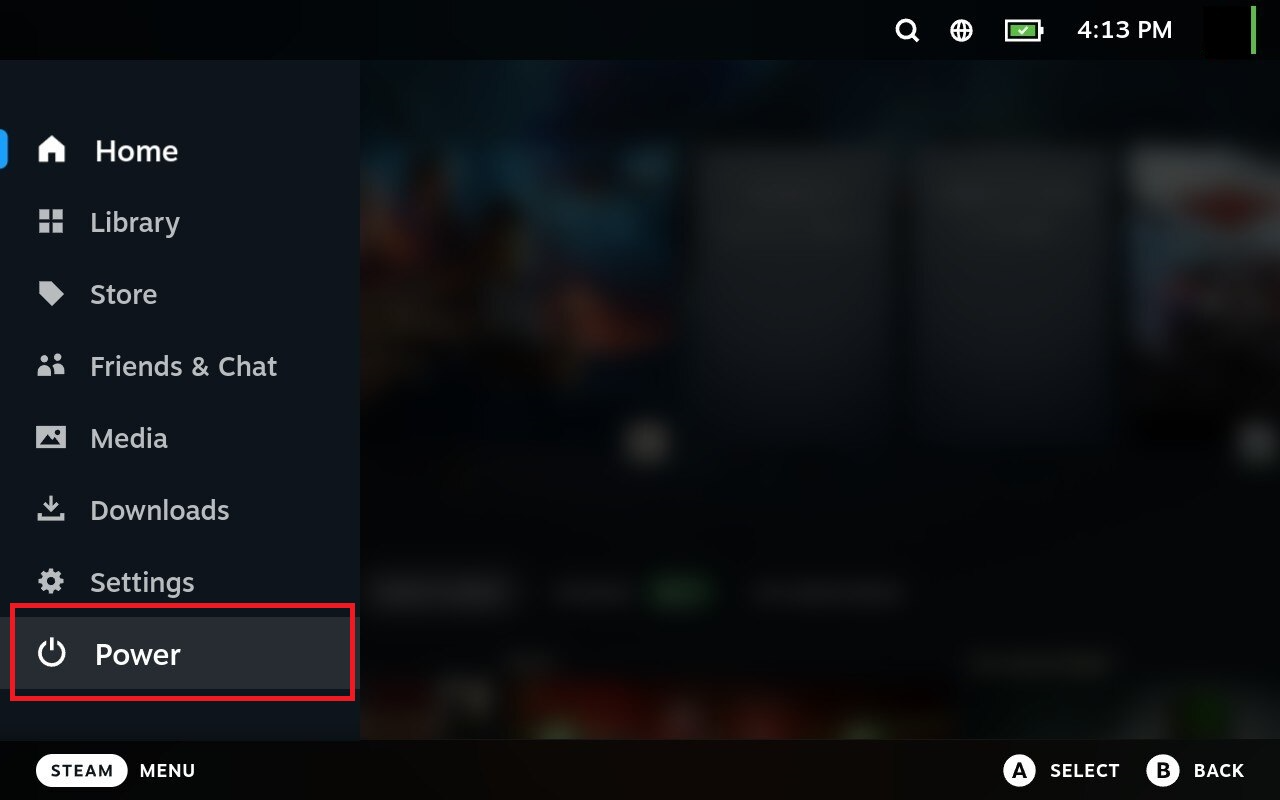
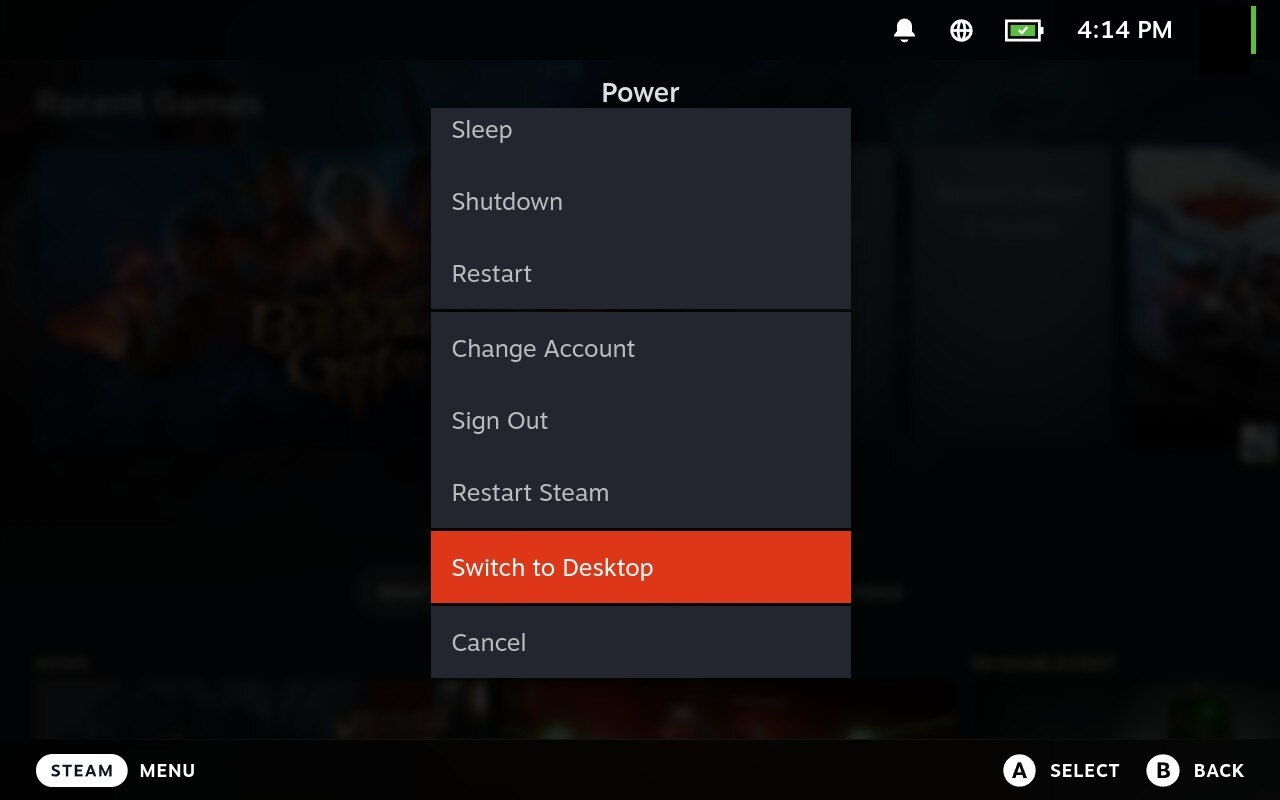
- Click on the folder icon on the bar at the bottom.
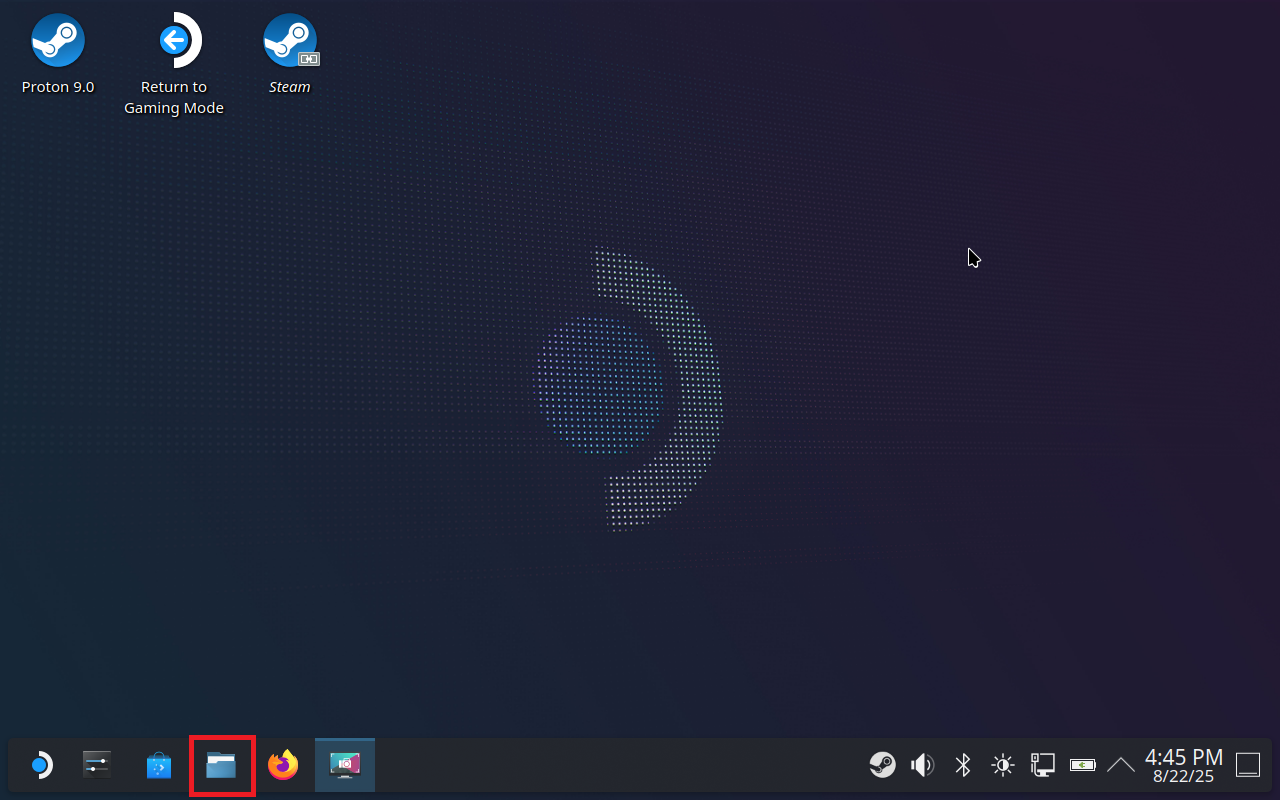
- In the explorer window, navigate to: /home/deck/.local/share/Steam/steamapps/compatdata/1086940/pfx/drive_c/users/steamuser/AppData/Local/Larian Studios/Baldur's Gate 3
- Copy the Mods folder.
- Navigate to: /home/deck/.local/share/Larian Studios/Baldur's Gate 3/
- Paste the copied folder in this location.